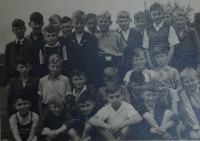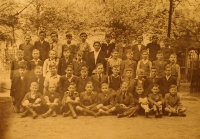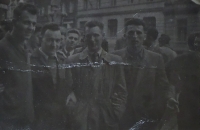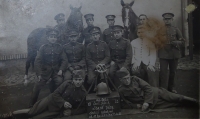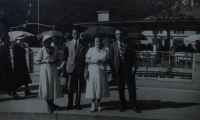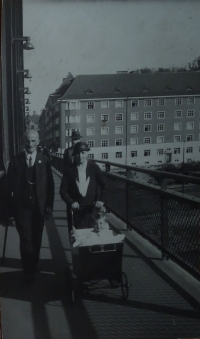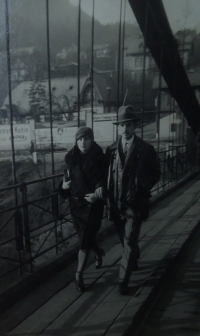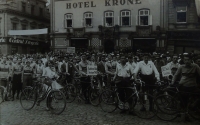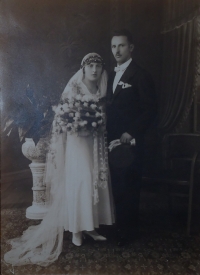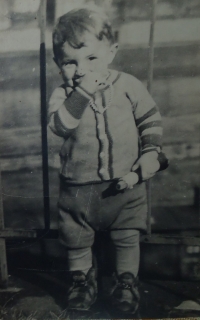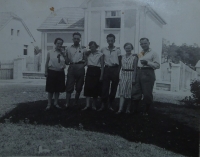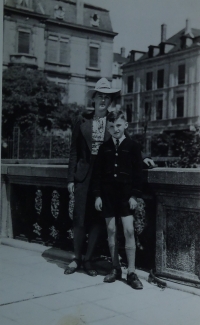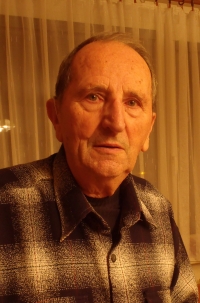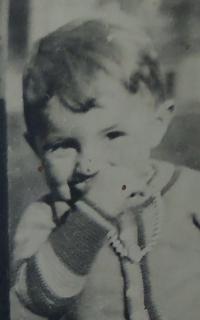After we began speaking Czech at home, I´ve no longer felt German
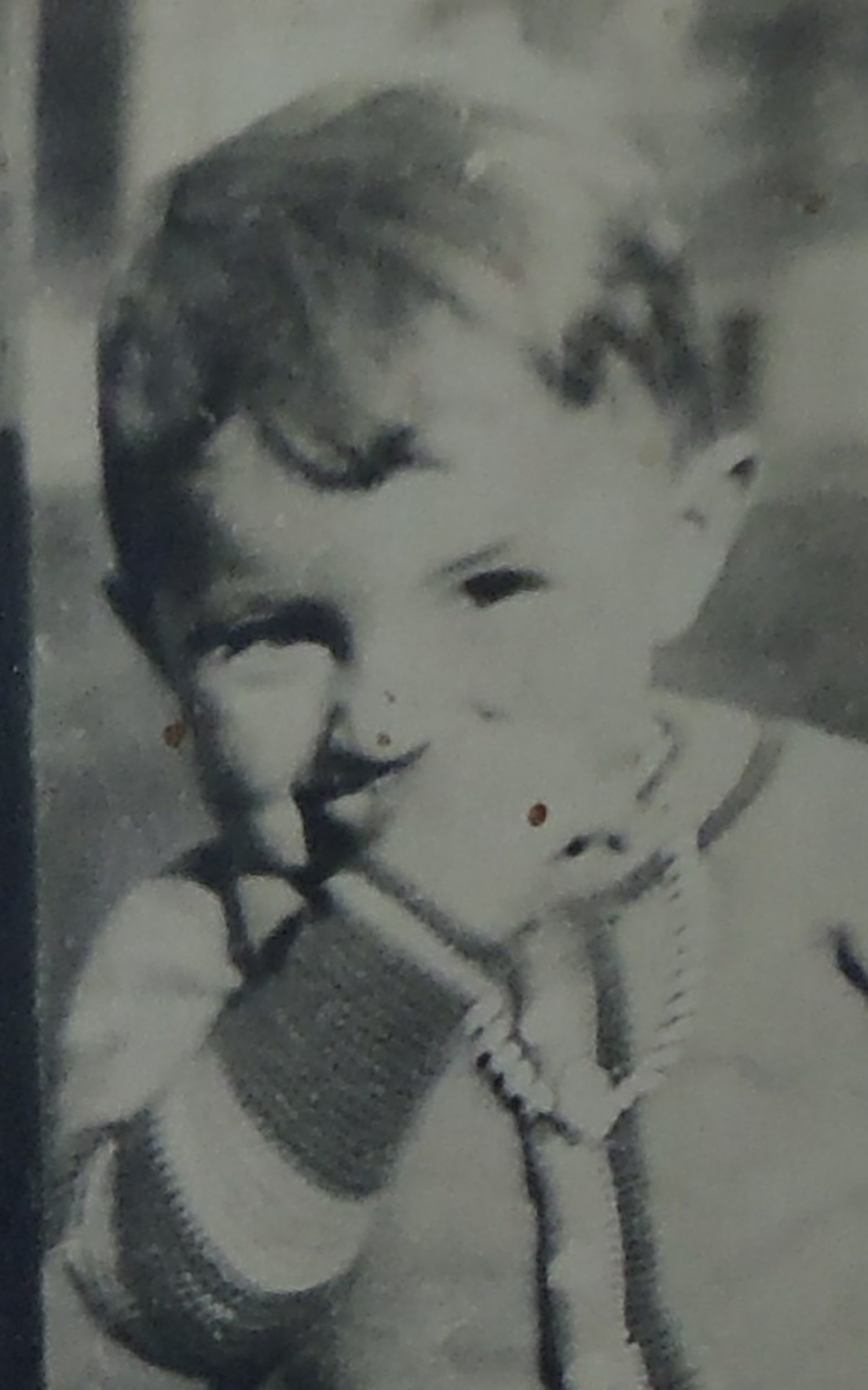
Download image
Herbert Böhm comes from a mixed Czech-German family; he learnt Czech only after 1945. He was born on 19 June, 1933 in Neratovice. After the occupation of Sudeten the family moved to Děčín, where the witness lives until now. The father of Herbert Böhm was recruited to a Yugoslavia front in 1943 and never returned from the war. After liberation the mother worked as a translator for Děčín crew, and made her living as a dressmaker. German relatives of Herbert Böhm were displaced to the Western Germany and after 1945 he lost touch with them due to censorship and inability to travel. He trained as a watchmaker and worked in a profession until the beginning of 1990s.
